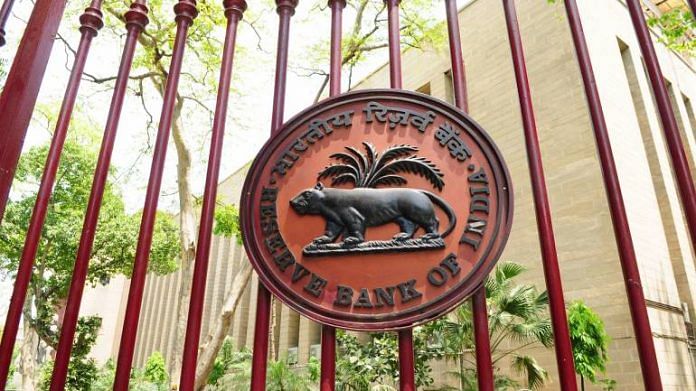In light of the very public row between the Modi govt and RBI over the latter’s NPA rules, there’s been talk that the govt could invoke Section 7 of RBI Act.
New Delhi: With the war between the Narendra Modi-led NDA government and the Reserve Bank of India (RBI) escalating, there is apprehension that the government may invoke Section 7 of the RBI Act.
This section, never invoked by any government so far despite phases of tension with the central bank, allows it to instruct the RBI to take specific action.
“The central government may from time to time give such directions to the bank as it may, after consultation with the governor of the Bank, consider necessary in the public interest,” the law reads.
In such a situation, the law adds, the general supervision and “direction of affairs and business of the bank will be entrusted to a central board of directors which may exercise all powers and do all acts and things which may be exercised or done by the bank”.
This temporarily takes away the RBI’s independence and autonomy.
Why now
The issue of Section 7 first came up during an Allahabad High Court hearing on a case filed by Independent Power Producers challenging an RBI circular issued on 12 February.
The circular directed all banks to refer a loan account beyond a threshold to the bankruptcy court if it is not resolved within 180 days of default.
According to the RBI, if repayment is delayed by even one day, the account should be seen as stressed and the banks would be required to initiate resolution.
The micro, small and medium enterprises (MSME) sectors and power producers have been the worst affected, and have sought more time for resolution. The MSMEs, in particular, have been hit hard, with banks shying away from lending to them.
The court, in its observation, said Section 7 could be an option for consideration.
Last week, RBI deputy governor Viral Acharya lashed out at the Central government, saying it was trying to undermine the independence of the central bank.
Finance Minister Arun Jaitley, meanwhile, has blamed the RBI’s inability in identifying the problem of NPAs in Indian banks and lack of timely measures for the current crisis-like situation in the banking sector.
Sources within the government and the RBI said that, over the last few months, the two sides had held discussions on various issues, including easing of norms under the prompt corrective action framework for weaker banks.
Also read: Former RBI chief on why governments and central banks differ so much
In light of these thorny issues and the general elections inching closer, there have been discussions on whether or not to invoke Section 7.
Senior government officials said the RBI’s guidelines on NPAs were not only stringent but “too harsh”, and could have serious ramifications on industries such as MSME and power. However, they added, there has been no talk of invoking Section 7(1).
“This view is unanimous and there is also a feeling that these lending rules need to be eased,” an official told ThePrint. “There have been talks with the RBI on these issues, but invoking Section 7(1) is something that has not come up yet but we need to also ensure that industries are not killed,” he added.




The Governor is appointed by the government, as are all the other Directors, also now the members of the Monetary Policy Committee. It is not as if any government lacks power or authority. A night watchman like Charan Singh, the only PM not have won the confidence of the Lok Sabha increased the proportion of state service officers promoted into the IAS from 25 to 33 %, altering forever the npbalance of the premier service. The question is what does the government do / deliver with all the power and resources entrusted to it. We can sincerely hope that Section 7 will not be invoked, reducing the Governor of the RBI to a bright Joint Secretary in the Ministry of Finance, but no one should be surprised if it does. He should of course fall on his sword if it happens.